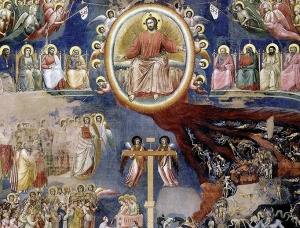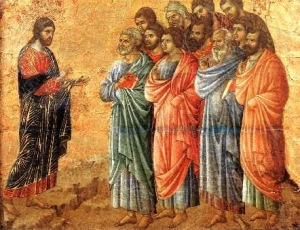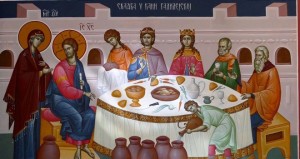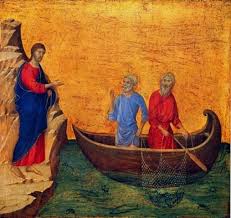We tend to think that only priests and religious have a vocation. But we all have a calling from God, a vocation, to carry out a particular mission in life. In this meditation we use texts from Scripture, Pope Francis, St John Henry Newman and St Josemaria Escriva to consider how:
- God has created every single person to fulfil a particular mission in the world
- He has called each one of us from all eternity to carry out that task
- Many great things depend on whether we fulfil that mission or not
- Through fidelity to our vocation, we can help many people find God and make this world a better place








